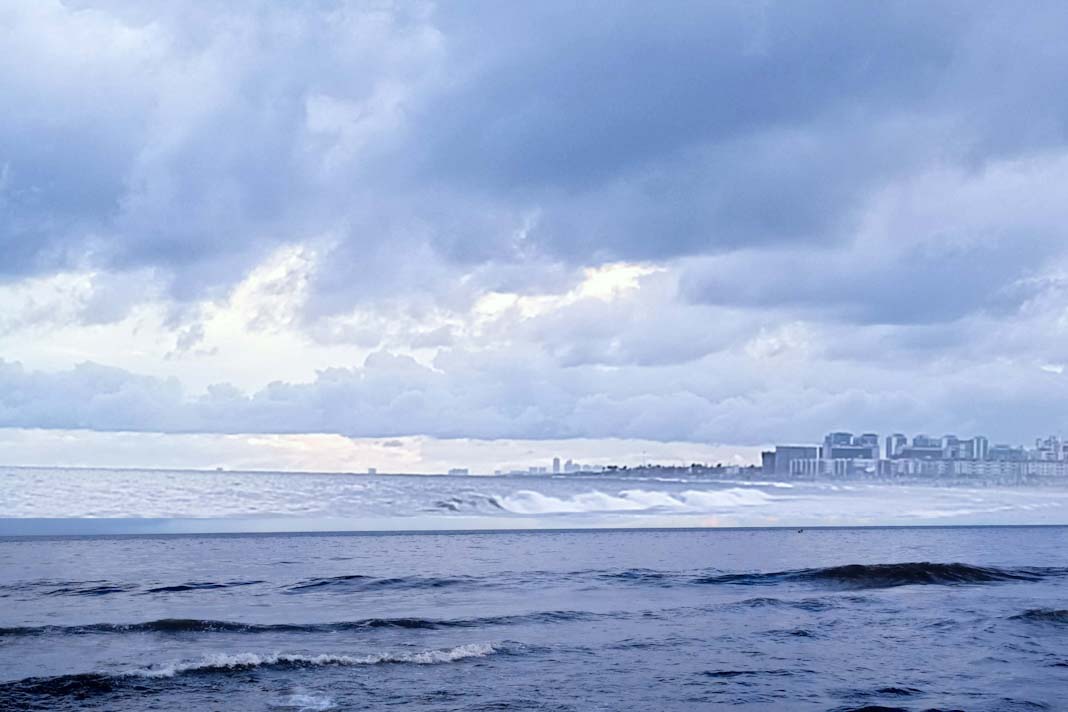Peel Ports Group is partnering with NatPower Marine to establish the first “green shipping corridors” between Ireland and the UK. The project involves decarbonizing maritime emissions by rolling out the UK’s first commercial electric ship along with supporting infrastructure including a charging network and clean power access.
Chicken and Egg Conundrum
NatPower Marine will invest an estimated £100m to develop charging infrastructure across all eight UK and Irish ports operated by Peel Ports Group. The network will support the Group’s ambition of cold ironing, which enables the ship to access clean power while docked to reduce emissions and engine pollution while at port, as well as electric propulsion.
The new funding forms part of wider plans from NatPower Marine to set up a £3bn global charging network for ships across 120 port locations by 2030.
NatPower Marine’s chief executive Stefano Sommadossi said: “NatPower Marine is investing to deploy the largest global network of charging points to help solve the ‘chicken and egg conundrum’ facing this industry: shipping lines cannot electrify their vessels if port charging infrastructure is not available, and ports are unable to raise capital for charging infrastructure without certainty of demand from shipping lines.
“With marine trade set to triple by 2050, we urgently need to build the global network of clean energy charging infrastructure the industry desperately needs. Our partnership with Peel Ports Group is the first step in this strategic approach to accelerate the adoption of clean energy in shipping and help cargo owners to reach net zero.”
Green Shipping Corridors
The UK was one of more than a dozen nations signing a new declaration on the creation of zero-emission shipping routes between ports at COP26. The so-called ‘Clydebank Declaration’ is aiming to establish at least six corridors by the mid-2020s, which are likely to be shorter routes, and to add “many more routes”, including long-haul routes, by 2030.
The first Irish Sea routes identified in the NatPower Marine investment would include Belfast-Heysham and Dublin-Birkenhead. More than 3,000 vessels cross the Irish sea annually and emissions from these routes account for 230,000 tonnes of CO2, as well as 18,000 tonnes of sulphur oxide.
More broadly, Peel Port Group aims to have its Heysham Port in Lancashire become the UK’s first ‘net-zero port’.
Earlier this year, Peel Ports Group announced plans to work with E.ON to install up to 63,000 solar panels across the Port’s rooftops, including on the roof of the new Alexandra Dock Warehouse.
Did you Subscribe to our daily newsletter?
It’s Free! Click here to Subscribe
Source: Edie















